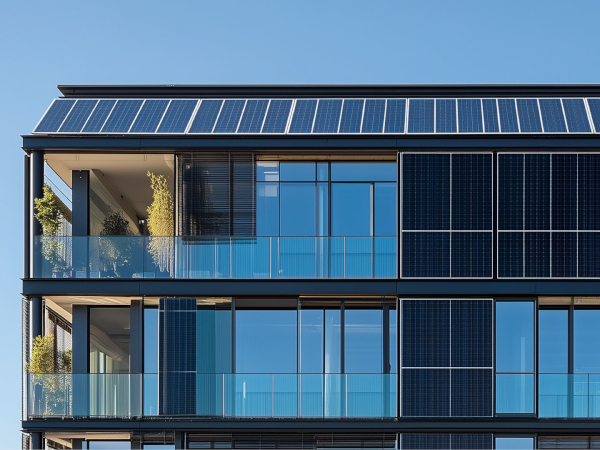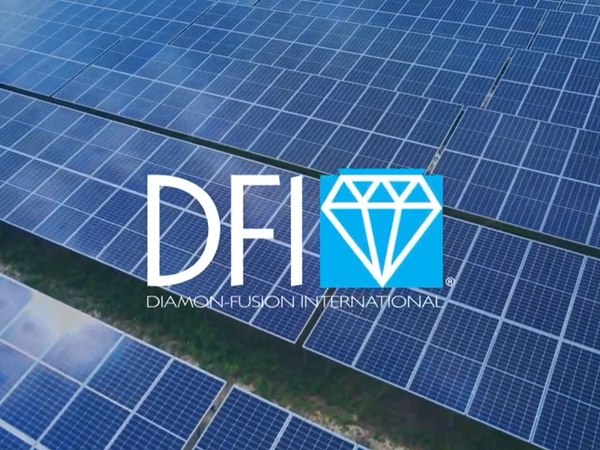Date: 22 January 2010
This investment adds to the $120 million in capacity expansions, announced last August, for raw materials used to make the film, bringing the total commitment of these two phases to $295 million. Tedlar® films serve as the critical component of photovoltaic (PV) backsheets, providing long-term durability and performance for PV modules in all-weather conditions. DuPont expects the PV market to grow rapidly over the next several years, driving the demand for Tedlar® and other new materials that increase the lifetime and efficiency of solar cells and modules. Overall sales of company products into the PV industry are anticipated to exceed $1 billion by 2012. The film line expansion uses existing and retrofitted assets. With this Tedlar® expansion, the company can support global demand of more than 10 gigawatts (GW) of PV module production, delivering DuPont technology to help meet increasing needs for energy and environmental sustainability. This reflects the company’s recently announced commitment to focus on meeting four emerging global trends, one of which is decreasing dependence on fossil fuels. Film production is scheduled to start up in September 2011. “The photovoltaic market increasingly demands materials that enable modules to reliably deliver power for decades,” said Dave Miller, president – DuPont Electronics & Communications. “This major expansion underscores our commitment to maintaining DuPont leadership in the PV industry and specifically in the backsheet materials market for solar panels.” Manufacturing Tedlar® involves converting a vinyl fluoride monomer into polyvinyl fluoride (PVF) polymer resins, and extruded into Tedlar® film. DuPont plans to increase monomer and polymer resin capacity by more than 50%. Construction has begun for new monomer and resin facilities at the DuPont Louisville, Ky., and Fayetteville, N.C., sites, respectively. These facilities are scheduled to start up mid-year. DuPont is investing $175 million at the Circleville, Ohio, site to complete a multi-phase expansion of high-performance DuPont™ Tedlar® PV2001 series oriented film production line. This investment adds to the $120 million in capacity expansions, announced last August, for raw materials used to make the film, bringing the total commitment of these two phases to $295 million.
Tedlar® films serve as the critical component of photovoltaic (PV) backsheets, providing long-term durability and performance for PV modules in all-weather conditions. DuPont expects the PV market to grow rapidly over the next several years, driving the demand for Tedlar® and other new materials that increase the lifetime and efficiency of solar cells and modules. Overall sales of company products into the PV industry are anticipated to exceed $1 billion by 2012.
The film line expansion uses existing and retrofitted assets. With this Tedlar® expansion, the company can support global demand of more than 10 gigawatts (GW) of PV module production, delivering DuPont technology to help meet increasing needs for energy and environmental sustainability. This reflects the company’s recently announced commitment to focus on meeting four emerging global trends, one of which is decreasing dependence on fossil fuels. Film production is scheduled to start up in September 2011.
“The photovoltaic market increasingly demands materials that enable modules to reliably deliver power for decades,” said Dave Miller, president – DuPont Electronics & Communications. “This major expansion underscores our commitment to maintaining DuPont leadership in the PV industry and specifically in the backsheet materials market for solar panels.”
Manufacturing Tedlar® involves converting a vinyl fluoride monomer into polyvinyl fluoride (PVF) polymer resins, and extruded into Tedlar® film. DuPont plans to increase monomer and polymer resin capacity by more than 50%. Construction has begun for new monomer and resin facilities at the DuPont Louisville, Ky., and Fayetteville, N.C., sites, respectively. These facilities are scheduled to start up mid-year.












Add new comment